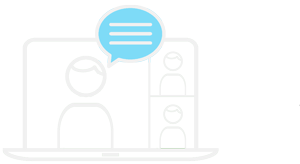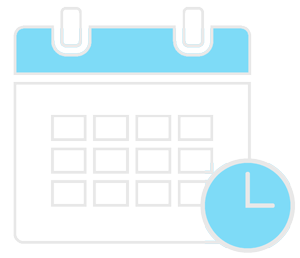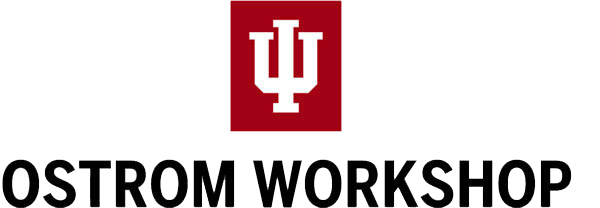Led by Emanuele Fantini, IHE Delft Institute for Water Education
In this workshop I would like to share our experience of using podcast as a research and communication tool in two projects: the first on the role of media in water conflicts and cooperation along the Nile river; the second on water and the commons in Italy ten years after the victory of the referendum against the privatisation of water services.
The workshop is based on the podcast pathway that we presented in this article:
Fantini, E., & Buist, E. (2021). Searching for the Sources of the Nile through a podcast: what did we find?. Journal of Science Communication, 20(2), N01.
The workshop is structured in three sessions, in line with the three phases of the podcast pathway (design, production, communication). In each session there will be an introduction followed by exercises that the participants will do in break-out rooms. The three sessions revolve around three podcast values and the role that voice plays therein.
Session 1 “Listening” is about the voice of the interlocutor and explores how interlocutor interview podcasting offers a meaningful opportunity to practice active listening skills.
Session 2 “Editing” is about the author’s voice. Here we reflect on the ethical and political implications of editing as a process in which voice is given to or taken away from different actors involved in the governance of water and commons.
Session 3 “Sharing” is about the audience’s voice. Here we reflect on how the podcast can be used to promote and reward a community of interests and practice, and how to collect and follow up the audience’s feedback.
No prior experience in podcasting is requested to attend the workshop. All that is required to join is your ears, a smartphone (or recording device); a pen/pencil and notebook/paper; a piece of paper of your favourite color (preferably A4 size).
CAPACITY 20
When: Wednesday, May 20, 2021. 2:00 – 4:00 am (AZ UTC-7)
REGISTRATION CLOSED
